Promoting Fire Ecology Research, Education, and Management
The Association for Fire Ecology is an international organization dedicated to improving the knowledge and use of fire in land management. We are scientists, educators, students, managers, practitioners, policymakers, and interested citizens helping to shape the emerging profession and growing field of fire ecology.
AFE news
Join us for #FireCon2025 this fall!
The 11th International Fire Ecology and Management Congress will be held in New Orleans, Louisiana from December 2-6, 2025 with workshops, field trips, and 3 full days of presentations, discussion groups, and networking opportunities.
Contribute to an international study on wildfire resilience, which is gathering place-based insights into the opportunities and challenges of building resilience across fire-prone regions worldwide.
A Beautifully Burned Forest: Learning to Celebrate Severe Forest Fire by Dr. Richard Hutto explores the beauty and ecological importance of severe fire.
A recent issue of Philosophical Transactions of the Royal Society B delves into novel fire regimes under human influence and climate change.
A recording of The Past, Present, and Future of Workforce Development and Education panel from the 4th Southwest Fire Ecology Conference has been uploaded.
fire ecology Journal
Upcoming EVENTs
SAFE Chapter News
Course instructor Brad Washa and Summit County Lands and Natural Resources Director Jessica Kirby discuss the importance of on-the-ground experience for students and the benefits of agency collaboration.
Announcing the winners of the student poster contest at the 11th International Fire Ecology and Management Congress!
LATEST JOB POSTINGS
In coordination with federal, state and local partners, the Engine Operator works to protect local communities while gaining valuable experience responding to wildland fire incidents, taking fire assignments and promoting responsible land stewardship and wildland fire awareness.
Join the Idaho Department of Lands Team to respond to wildland fires and assist in fire suppression efforts! In partnership with others, IDL safeguards 6.3 million acres and responds to hundreds of fires annually.
The Tennessee Department of Environment and Conservation is seeking a qualified individual to serve as the department’s first ever fire management position.
The New Mexico Forest and Watershed Restoration Institute (NMFWRI) is seeking a full-time (100% FTE) postdoctoral scholar with expertise in fire modeling and remotely sensed data to support innovative research. This project will improve our understanding of the conditions under which fuel treatments effect wildfire behavior and to evaluate long term post fire impacts within the Hermit’s Peak Calf Canyon Fire burn scar.
afe podcast: Fire Ecology Chats
William Nikolakis discusses pursuing transformative policies relating to indigenous fire stewardship.
Andrea Nocentini discusses optimizing prescribed fire management in subtropical wetlands using a numerical model.
Jeffery Cannon, Nicole Zampieri and Morgan Varner discuss using terrestrial lidar to measure crown scorch as a repeatable, efficient, and objective method.










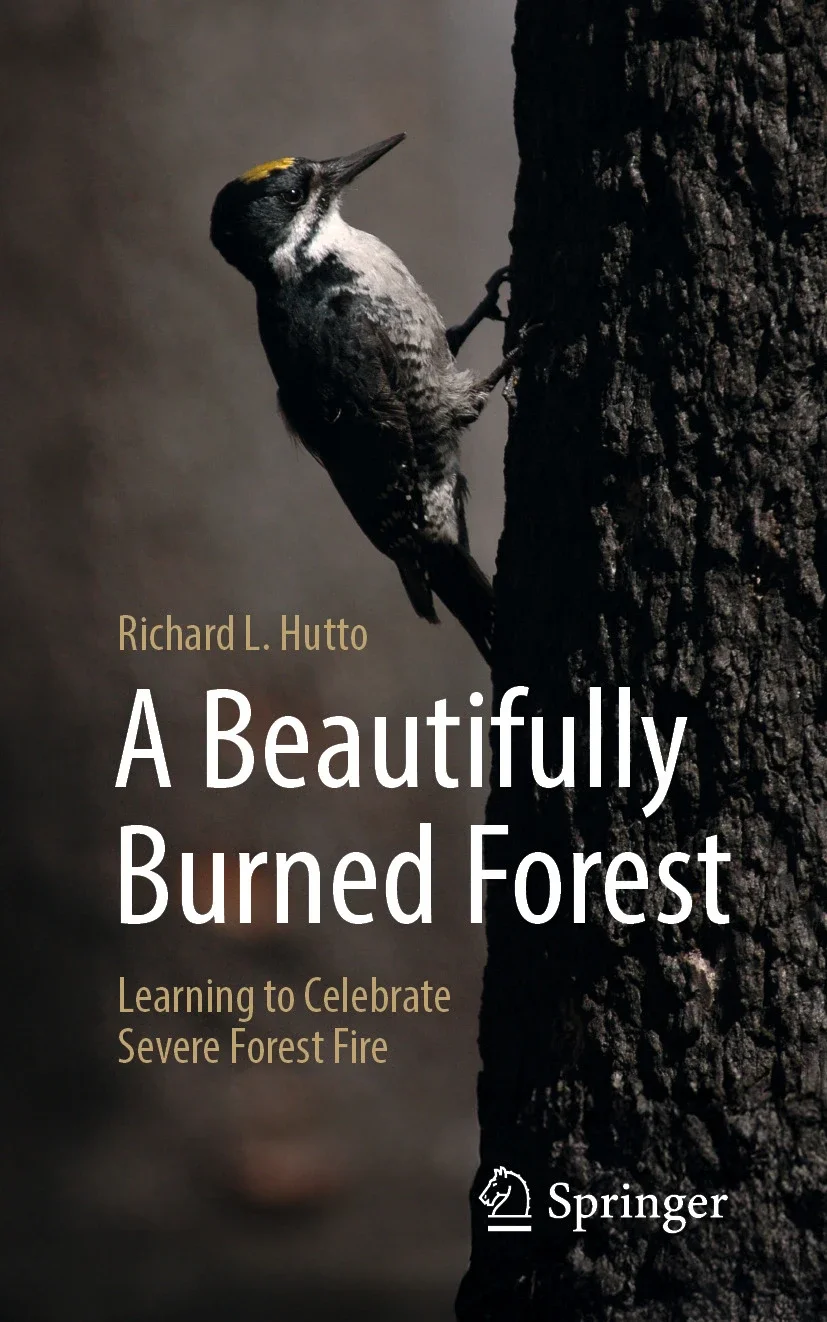

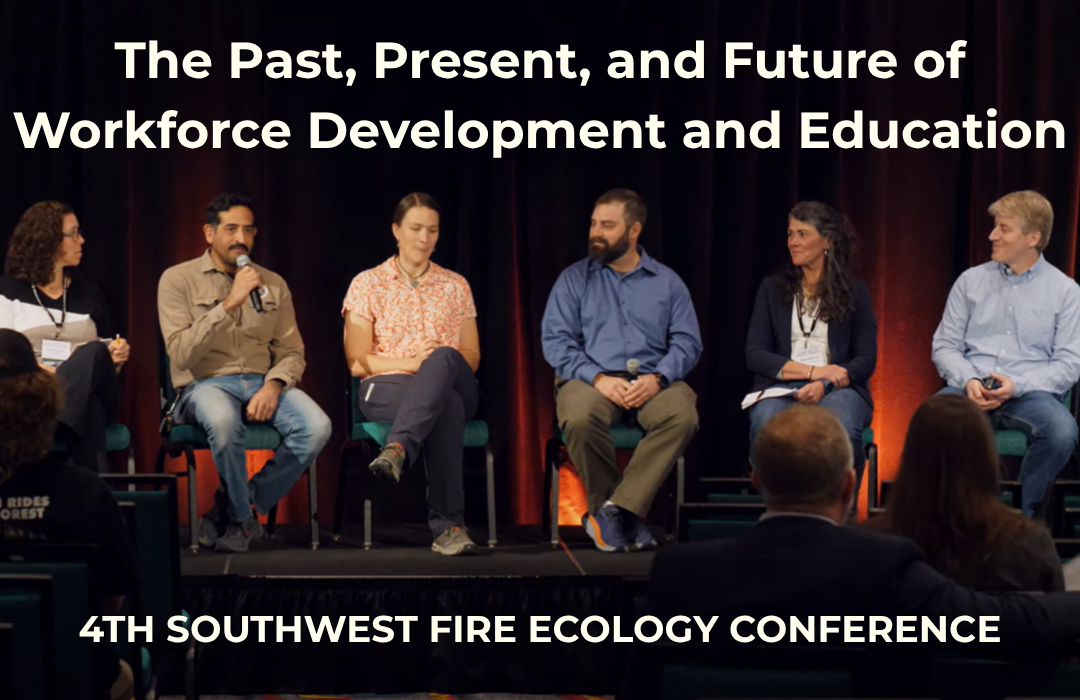



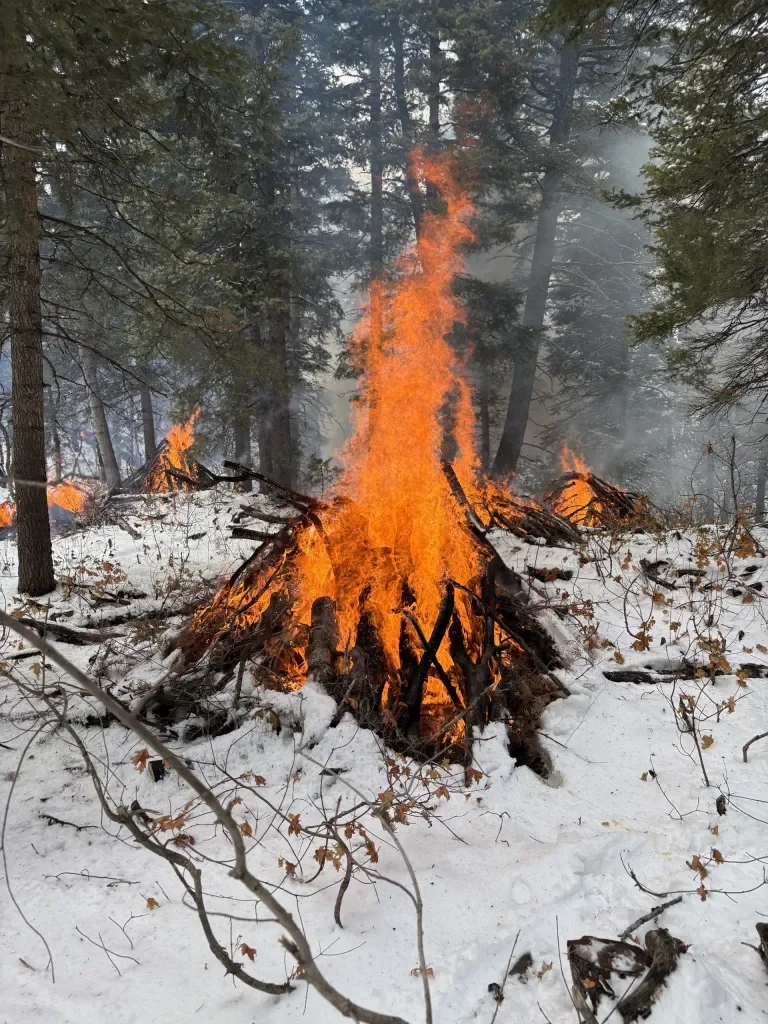

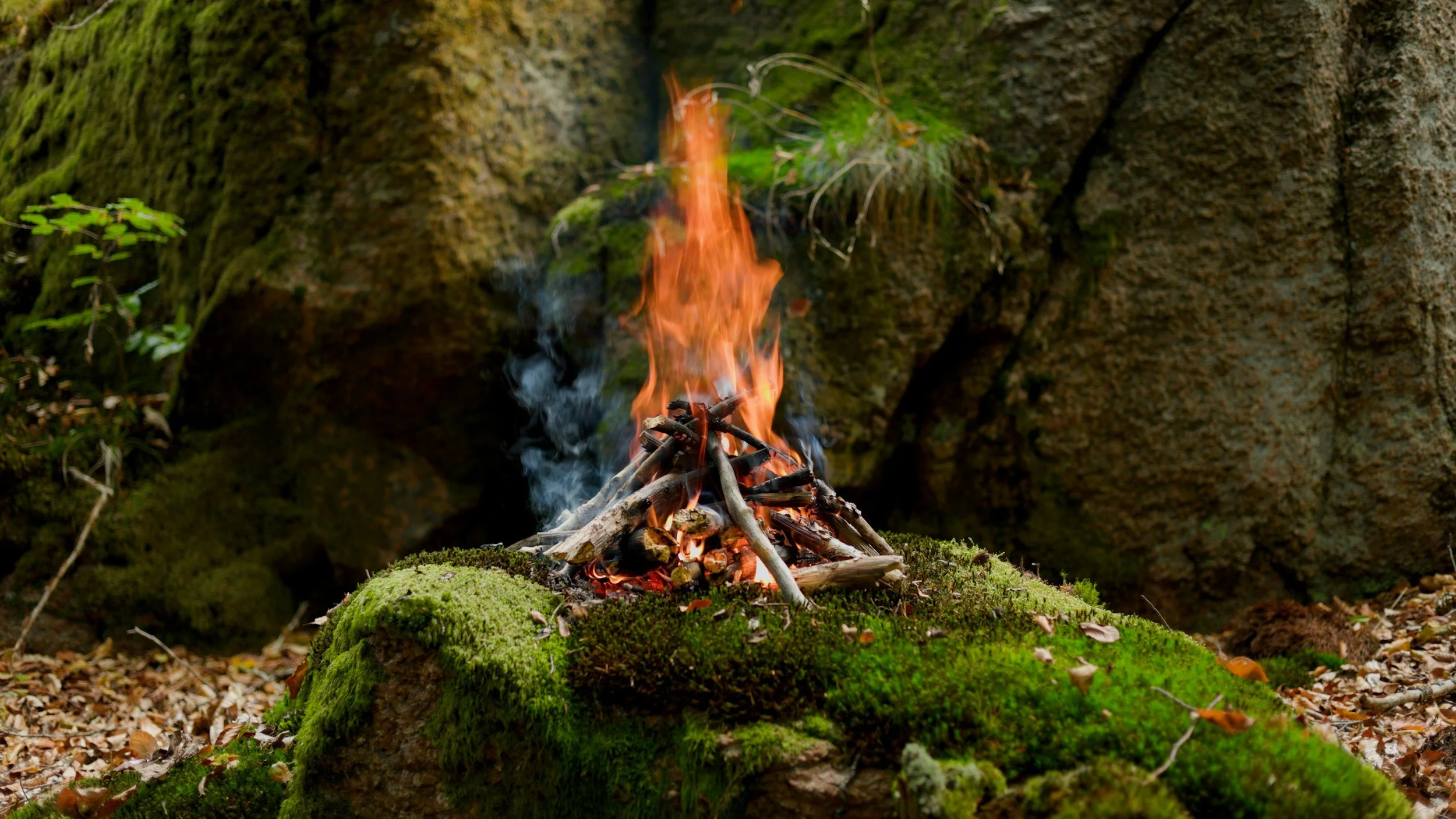
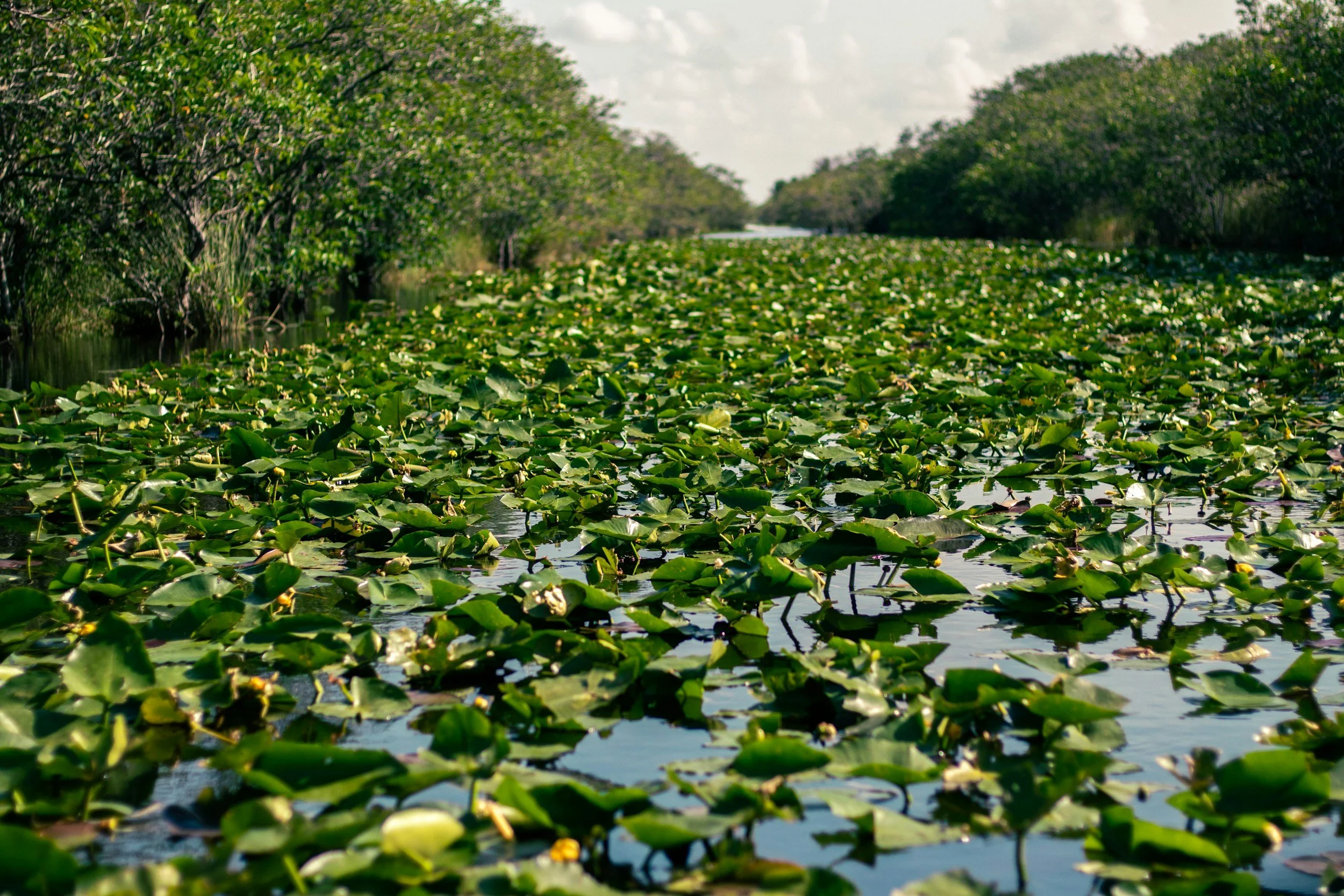

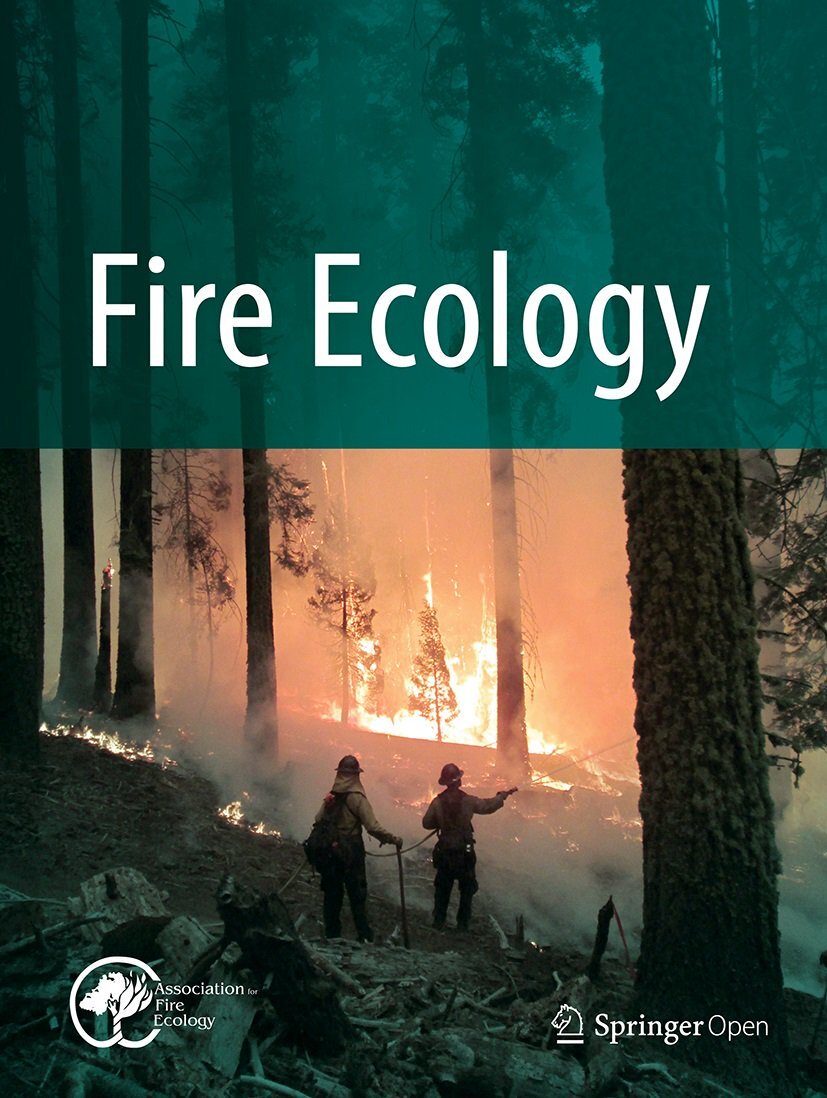
An article recently published in Fire Ecology examines unearthing harmful narratives and confronting the ideologies within wildfire protection plans.